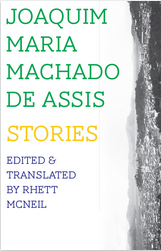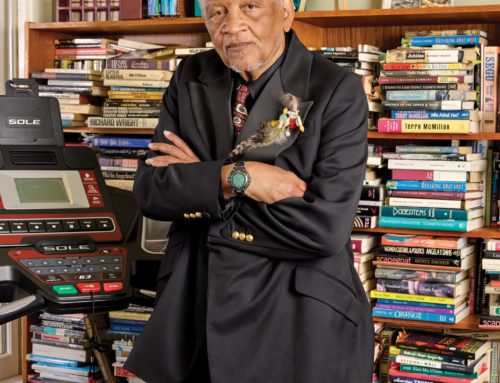Everything about Joaquim Maria Machado de Assis seems double. There’s before and after, domestic and metaphysical, high and low, black and white, erotic and austere, short and long, trapped and free, gentle and cruel, perceived and real. The 200 or so stories he wrote spin out these oppositions into a remarkable variousness.
His father was the free son of black slaves, and Machado would be almost forty-nine before slavery ended in Brazil in 1888 and the empire the year after. His mother was Portuguese from the Azores and had come to Brazil as a child. Both parents did domestic work on the estate of a Rio grandee. Their only son was a diminutive, sickly child with bad eyesight, a stammer and epilepsy that worsened with time. His formal schooling ended before he learned to read or write. By the age of fourteen he’d lost his mother and his younger sister, and in his whole life he almost never left Rio de Janeiro and never went more than a few miles from it. He became, nevertheless, in the provincial and retrograde Brazil of the empire’s last years, a prodigy of cosmopolitan learning. He read in several ancient and modern languages and made extensive use of what he learned. The incomplete edition of his collected works published in 1946 consists of thirty-one volumes of writing in all literary genres, mostly novels and stories. Not a word in them addresses his childhood.



